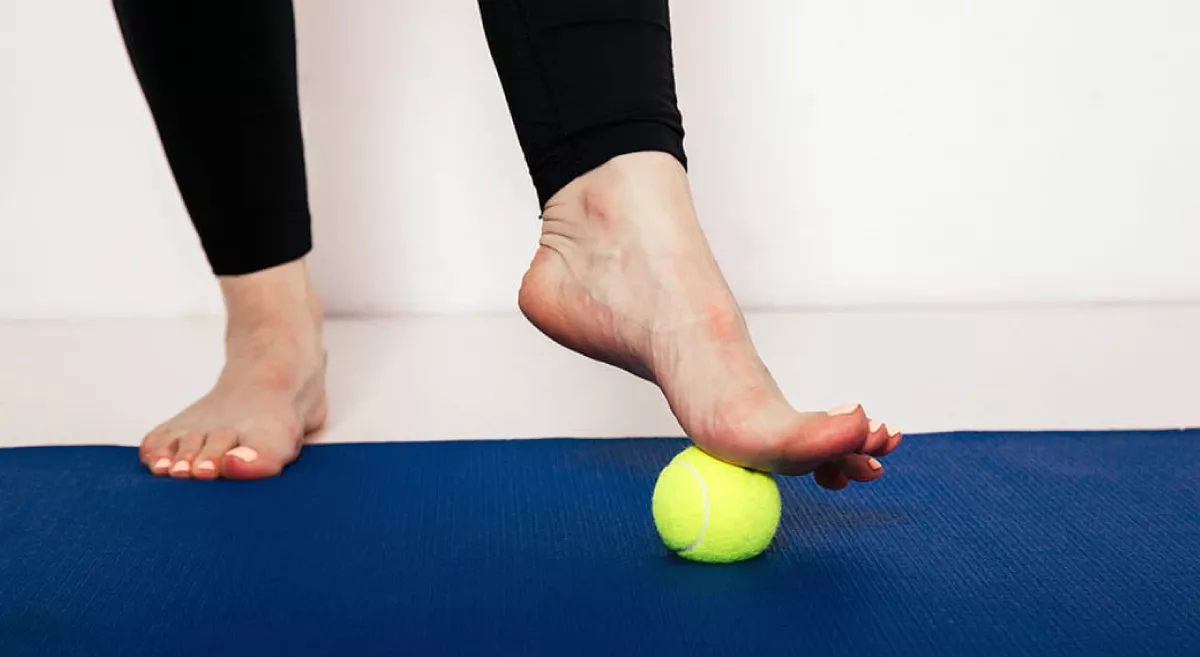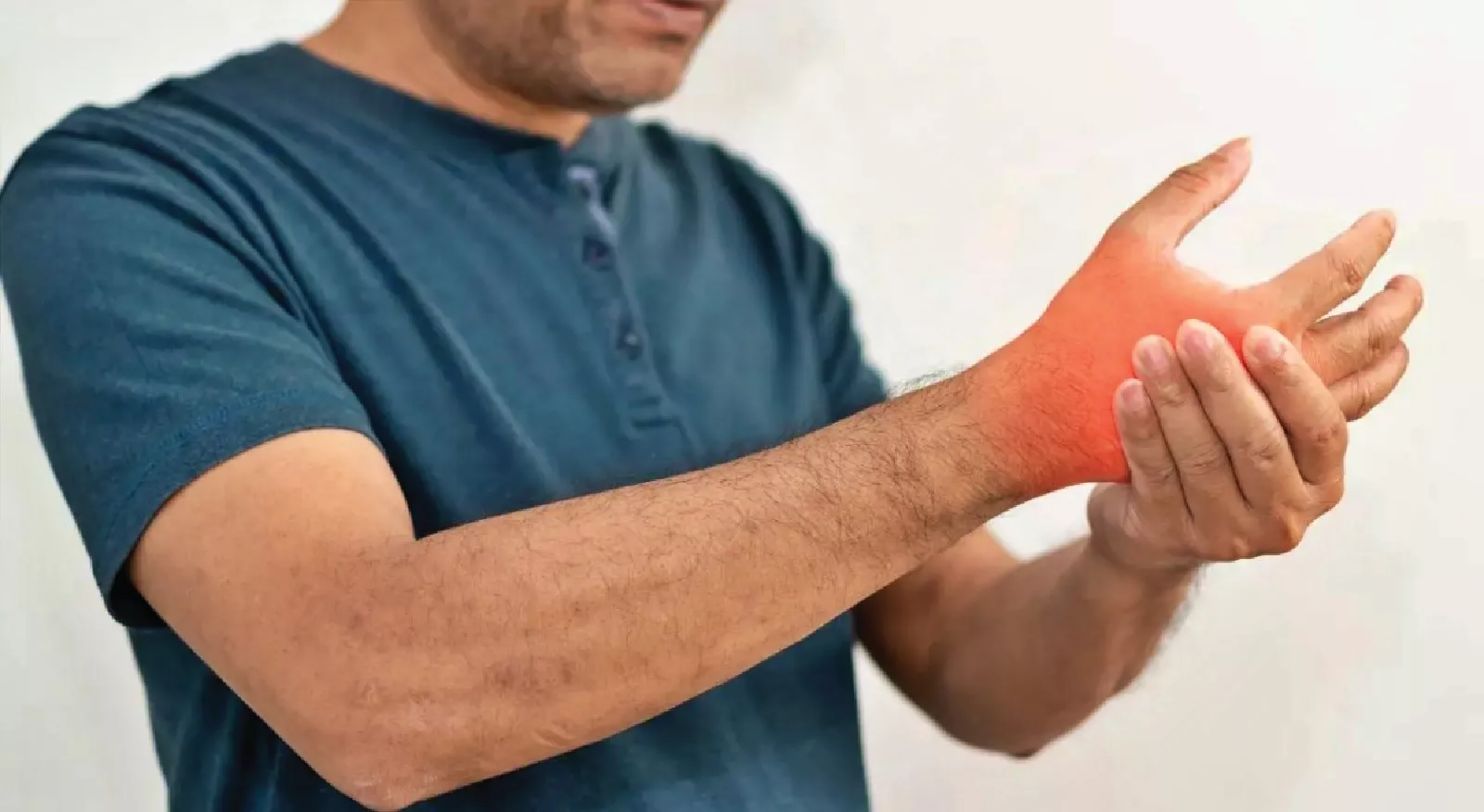The Department of Physical Medicine & Rehabilitation (PMR) at Aster RV Hospital aims to eliminate disability and pain of an individual and enhance his/ her quality of life. The department is dedicated to transforming lives through comprehensive rehabilitation care. The department combines cutting-edge technology with compassionate expertise to help patients regain maximal independence and achieve their fullest potential after injury, illness, or surgery.
Multidisciplinary Excellence
The expert team includes Physiatrist (Rehabilitation Consultant), Physical Therapists, Occupational Therapists, Speech & Swallow Therapists, Rehabilitation Nurses, and Neuropsychologists—working holistically as a team to deliver personalized, patient-centred care.
Why Choose the PMR Department?
From stroke recovery to spinal cord injuries, chronic pain management to paediatric rehabilitation, the department offers evidence-based treatments tailored to each patient's unique needs. The state-of-the-art facility and advanced robotic rehabilitation technologies ensure optimal outcomes for every patient.
Specialized Services Offered
Neurological Rehabilitation Comprehensive care for stroke, traumatic brain injury, spinal cord injury, Parkinson's disease, and multiple sclerosis with advanced therapies including Botox injection for spasticity management and dystonia
Pain Management Advanced non-invasive and interventional procedures including Laser, Mulligan Therapy, McKenzie, Functional Electrical Stimulation, trigger point injections, intra-articular injections, and multimodal pain relief strategies.
Cardiac & Pulmonary Rehabilitation Pre- and post-surgical rehabilitation, bronchial hygiene therapy, advanced breathing techniques, and personalized exercise programs for optimal recovery.
Women's Wellness Specialized antenatal and postnatal care for pregnant mothers, pelvic floor rehabilitation with EMG biofeedback, and lactation counselling.
Oncology Rehabilitation Expert management of cancer-related fatigue and lymphedema to enhance quality of life during and after treatment.
Sports Injury Recovery Targeted rehabilitation programs for athletes and active individuals to restore peak performance safely.
Advanced Technology for Faster Recovery
Robotic Neuro Rehab System Multi-limb robotic VR device with 50+ exercises for comprehensive rehabilitation, simulating activities of daily living (eating, bathing ) writing, driving, walking.
- Vital Stim Therapy Advanced treatment for swallowing difficulties and dysphagia.
- AI Assessment System: Precision assessment of proprioception, muscle strength, and balance, gait pattern
- Pelvic Floor Biofeedback Enhanced Game Based Pelvic floor muscle rehabilitation with real-time Biofeedback.
- Robotic Glove Technology Improves hand mobility and enables mirror therapy techniques.
- Begin Your Recovery Journey Today
- Every step towards recovery matters. Let the expert team guide you back to independence and wellness.
Our Doctors
We have some of the best specialists from around the world, they bring years of experience and offer evidence-based treatment to ensure the best care for you.
Treatments & Procedures
We provide comprehensive treatment for all types diseases under one roof. Our highly experienced doctors supported by especially trained clinical staff, ensure the best care for you.
Patient Stories
Our patients are our best advocates, hear the inspiring stories of their treatment journey
Blogs
The source of trustworthy health and medical information. Through this section, we provide research-based health information, and all that is happening in Aster Hospital.















